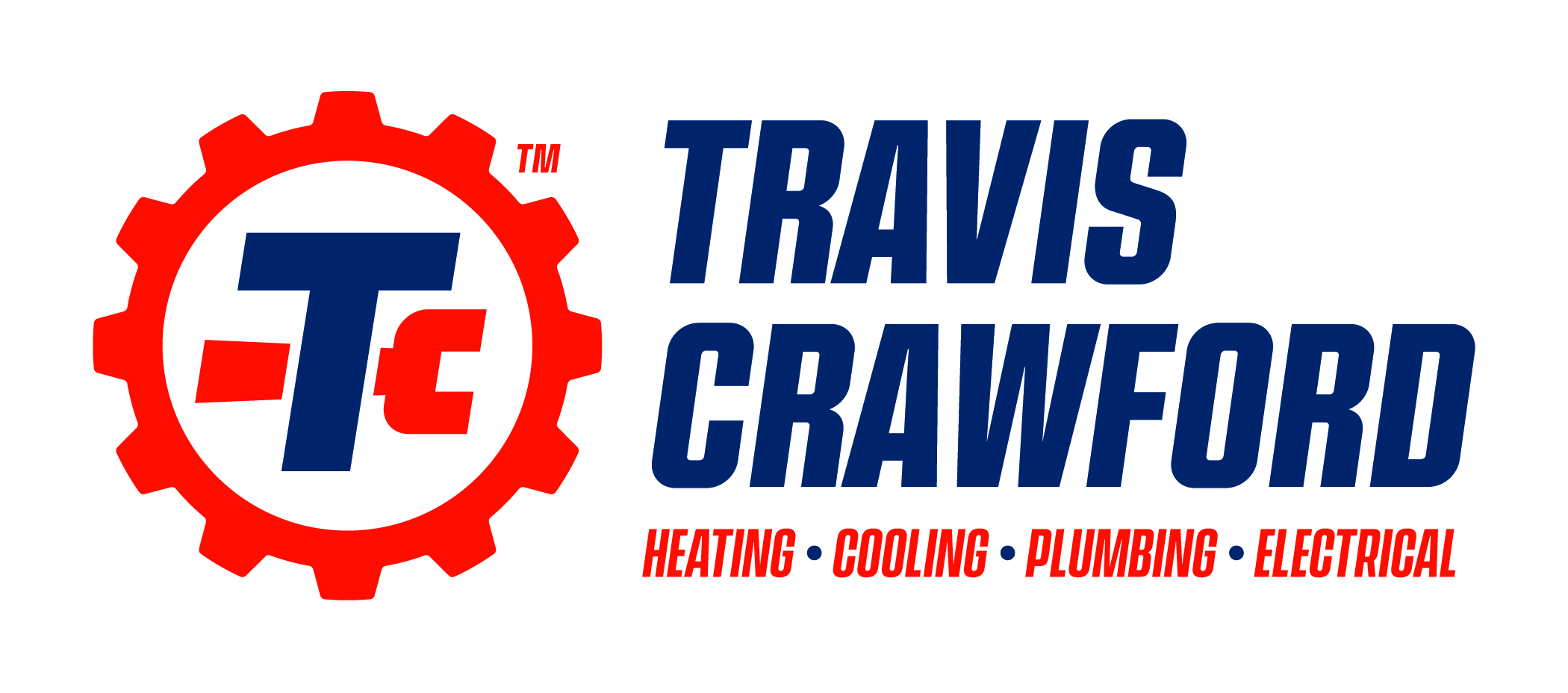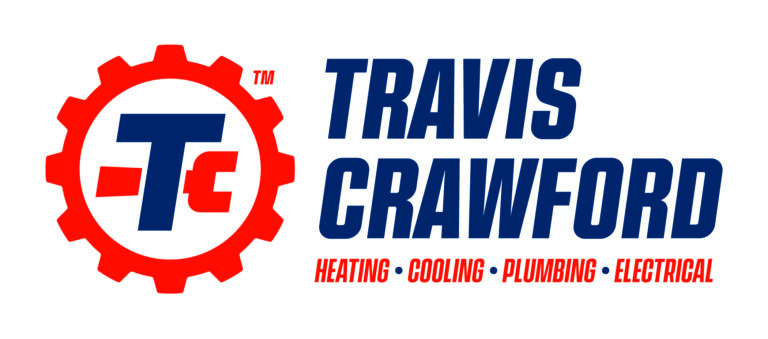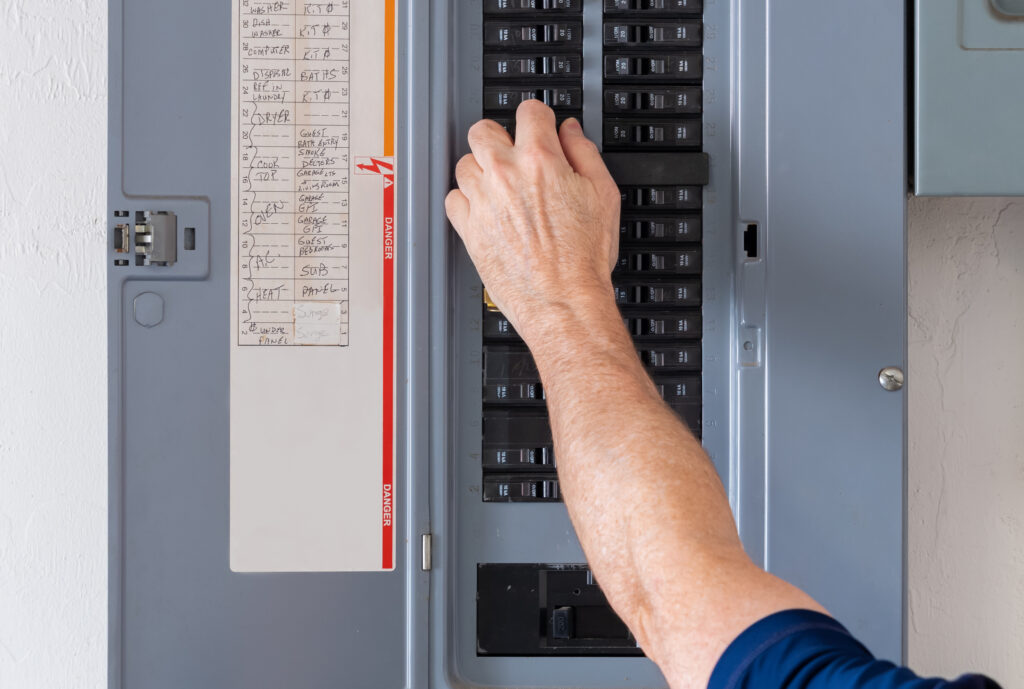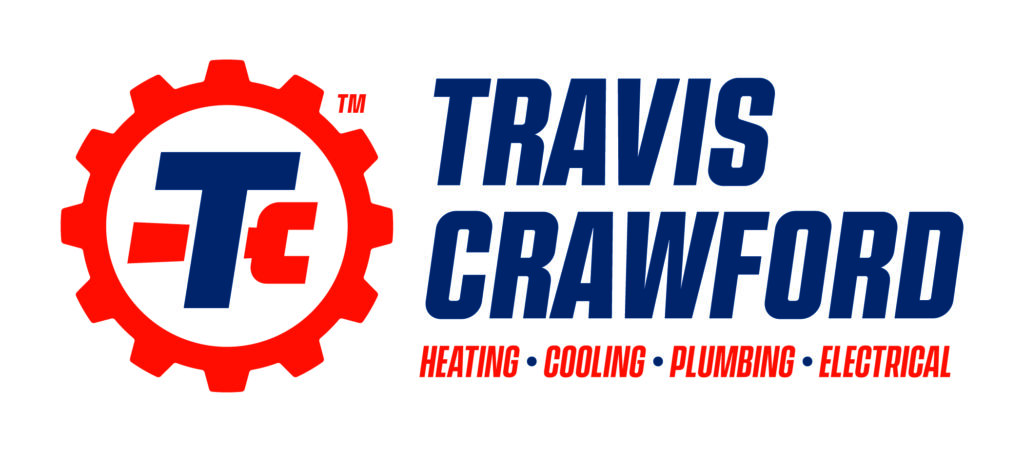It’s happened to almost everyone—you’re cooking dinner, doing laundry, or just flipping on a light, and suddenly everything goes dark. If your circuit breaker keeps tripping, it’s more than a minor inconvenience. It could be a warning sign of a bigger electrical problem in your home.
Understanding why your breaker is tripping, what you can safely do on your own, and when to call a licensed electrician can help you protect your home and your family.
What a Tripping Breaker Means
Your circuit breaker is an essential safety device in your electrical panel. It stops the flow of electricity when it detects a problem, preventing electrical fires and equipment damage.
When a breaker trips, it “flips” into the OFF position, cutting power to the affected circuit. While this can happen occasionally without concern, frequent tripping is often a sign of deeper home electrical issues.
If your circuit breaker is tripping repeatedly, don’t ignore the issue. Repeated breaker trips can lead to fire hazards and expensive electrical damage. If you live in areas like Charlotte, Concord, or Rock Hill, licensed electricians like Travis Crawford can help you get to the root of the issue.
Common Reasons Your Breaker Keeps Tripping
Why does your circuit breaker keep tripping? Here are some of the most common issues that can cause your breaker to trip.
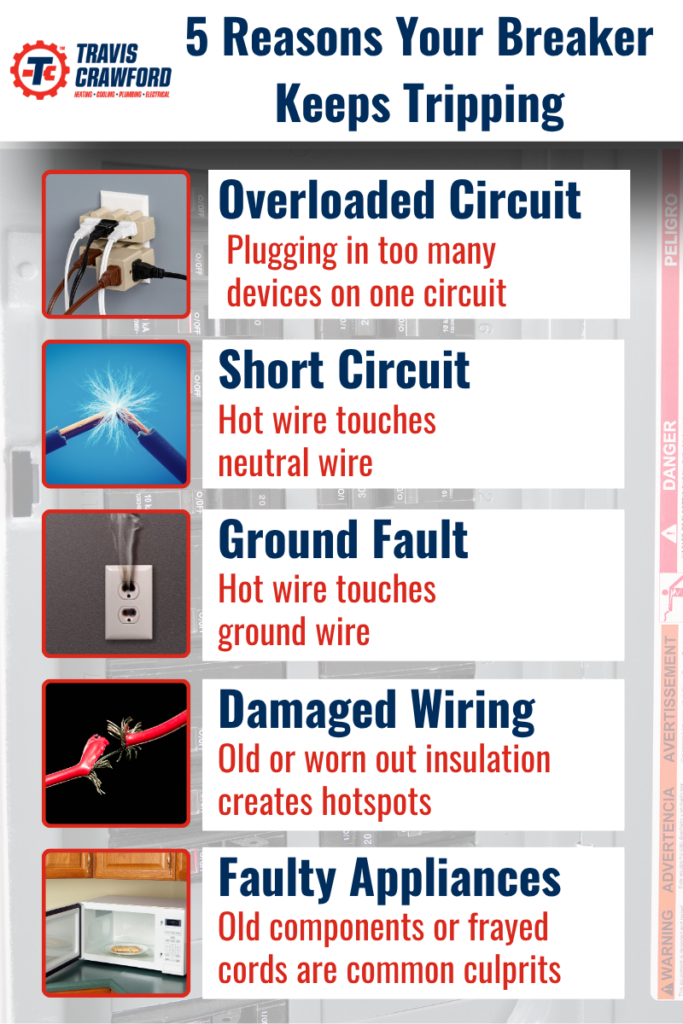
Overloaded Circuit
This is the most common cause of a breaker trip. Plugging in too many high-powered appliances, like space heaters, microwaves, or hair dryers on the same electrical circuit can exceed its capacity. When this happens, the breaker shuts down to prevent overheating.
Short Circuit
A short circuit occurs when a hot wire touches a neutral wire, sending a sudden surge of current through the system. This causes immediate tripping and can be dangerous if left unresolved.
Ground Fault
Similar to a short circuit, a ground fault happens when a hot wire comes into contact with a ground wire or metal part of an appliance. These issues are especially common in kitchens, bathrooms, and outdoor areas.
Old or Damaged Wiring
In older homes, outdated wiring can degrade and become unsafe. Rodents, DIY repairs, or time itself can damage insulation, creating hotspots for faults and fire risks. If your home is 40 years old or older, you may need wiring services.
Faulty Appliances
Sometimes the culprit is a single malfunctioning appliance. Frayed cords, internal shorts, or old components can cause a trip every time you try to use them.
Troubleshooting Tips Before Calling an Electrician
While some issues require professional help, there are a few things you can try before reaching out:
- Unplug devices and reset the breaker. Then, plug each one back in one by one to identify if a specific appliance is causing the issue.
- Try different outlets. This can help isolate the problematic circuit.
- Avoid using extension cords or power strips. Over-reliance on these can cause overloading, especially in older homes.
- Know when to stop. Never open your breaker panel or attempt to fix wiring unless you’re trained. Electrical troubleshooting is best left to a pro when there’s any doubt.
When To Call an Electrician
If your breaker keeps tripping after basic troubleshooting, or if you notice signs of electrical problems like burning smells, buzzing outlets, or visible sparks, it’s time to call a local electrician.
Homes in Fort Mill, SC, and the greater Charlotte Metro area can experience weather-related wear, outdated electrical panels, or increased energy demands—all of which call for a licensed electrician’s inspection.
You should also reach out if:
- Breakers trip more than once a month
- Lights flicker or dim when appliances are on
- You feel heat from outlets or your breaker box
Our electrical repair team is ready to diagnose and fix the issue quickly and safely.
Why Hiring a Professional Matters
Electrical work isn’t just about convenience—it’s about safety. Licensed electricians have the training and equipment to identify and fix issues without putting your family or property at risk.
At Travis Crawford, we serve homeowners throughout Charlotte, Concord, and Huntersville, offering expert panel upgrades and more. Don’t risk DIY mistakes or patchwork fixes—get the job done right the first time.
Preventing Future Electrical Issues
Sometimes, it’s possible to prevent electrical issues. To avoid future breaker trips, consider:
- Upgrading your electrical panel if it’s outdated or undersized
- Spreading out your electrical load across different circuits
- Scheduling routine electrical inspections, especially in older homes
- Replacing aging appliances or surge protectors
Our team of electricians can ensure your system meets modern energy demands safely and efficiently.
Need help with a tripping breaker in Charlotte, Gastonia, Huntersville, or the surrounding area? Contact Travis Crawford today for fast, professional electrical services you can trust.
Frequently Asked Questions About Circuit Breakers
What causes a breaker to trip repeatedly?
A breaker tripping repeatedly is usually caused by an overloaded circuit, short circuit, or a faulty appliance. In some cases, it may indicate underlying wiring issues that require professional attention.
Is it dangerous if a circuit breaker keeps tripping?
Yes, it is dangerous if a circuit breaker keeps tripping. Frequent trips can be a sign of overheating or electrical faults, which could lead to fires if not addressed.
Can I fix a tripping breaker myself?
You may be able to fix a tripping breaker by yourself. You can reset a breaker and unplug devices to test for overloads, but you should never attempt wiring repairs or panel work on your own.
How do I know if I have a short circuit?
To know if you have a short circuit, look for signs like blackened outlets, sparks, burning smells, or breakers that trip instantly after resetting. These are all signs of a short circuit and should be assessed by an electrician.
Should I upgrade my electrical panel if the breakers keep tripping?
You should consider upgrading your panel if it is old, undersized, or if you’ve added major appliances. A licensed electrician can assess whether your current system meets your home’s needs.
